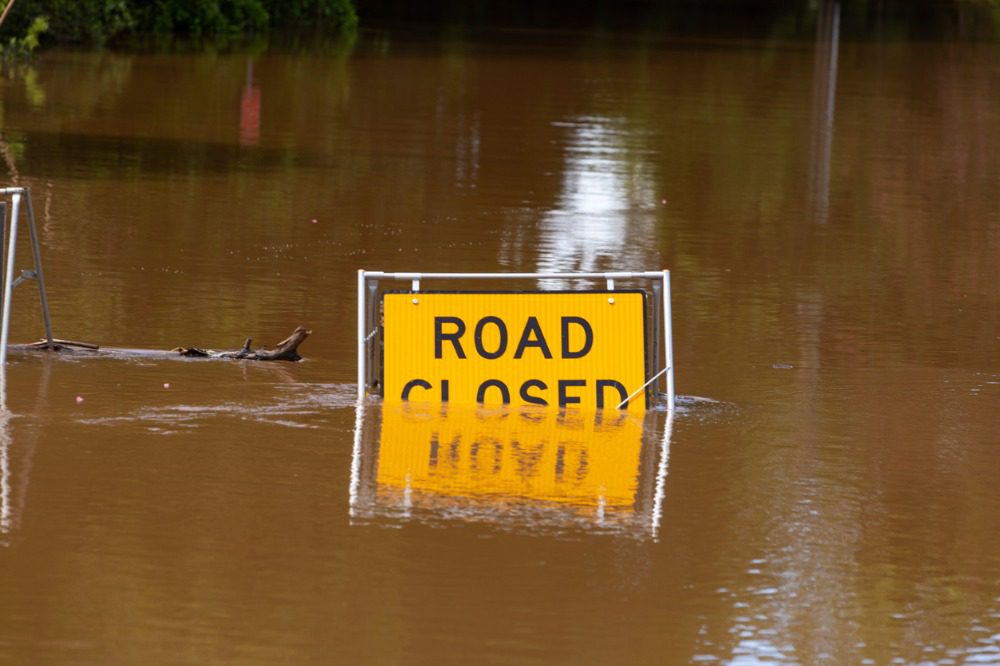IBC offers assistance to Nova Scotia residents hit by historic floods

IBC offers assistance to Nova Scotia residents hit by historic floods | Insurance Business Canada
Catastrophe & Flood
IBC offers assistance to Nova Scotia residents hit by historic floods
It has deployed trained personnel to answer insurance questions
Catastrophe & Flood
By
Mika Pangilinan
The Insurance Bureau of Canada (IBC) has stepped in to provide support and guidance to Nova Scotia residents in the aftermath of historic floods that left parts of the province in disarray.
The bureau has deployed its Virtual Community Assistance Mobile Pavilion (V-CAMP), with trained industry personnel ready to answer general inquiries about home, business, or vehicle insurance.
In a press release, the IBC advised affected residents to call 1-844-2ask-IBC (1-844-227-5422) to get the assistance they require. A webpage on the Nova Scotia floods has also been set up to provide details on the claims process.
A province-wide state of emergency was declared late Saturday as Nova Scotia saw torrential downpours that reportedly came close to the record rainfall amounts seen during Hurricane Beth in 1971.
The hardest hit areas include East and West Hants, Halifax Regional Municipality, Lunenburg and Queens counties. Hundreds of people had to evacuate their homes.
“Unfortunately, the flooding experienced in parts of Nova Scotia over the weekend has resulted in significant damage in a region that is still recovering from the destruction caused by recent wildfires,” said Graham Little, IBC’s interim vice president for the Atlantic region. “Our hearts go out to every resident and homeowner who has been affected by this severe weather event.”
Little stressed that Canada’s insurers are “here to help” residents with the process of rebuilding and recovery, urging those whose properties or vehicles were damaged by the flood to reach out to their insurance representative to begin the claims process.
Craig Stewart, IBC vice president for climate change and federal issues, said overland flood insurance has become increasingly limited in high-risk, flood-prone areas.
“Sadly, many of the damaged properties will most likely be uninsured,” he said. “This is why Canada must accelerate its important ongoing work to implement its national flood insurance program.”
Stewart said the implementation of the national flood insurance program is “the single most important step” to address the impact of climate change and ensure that Canadians remain financially resilient amid the growing frequency of extreme weather events.
What are your thoughts on this story? Feel free to comment below.
Related Stories
Keep up with the latest news and events
Join our mailing list, it’s free!






